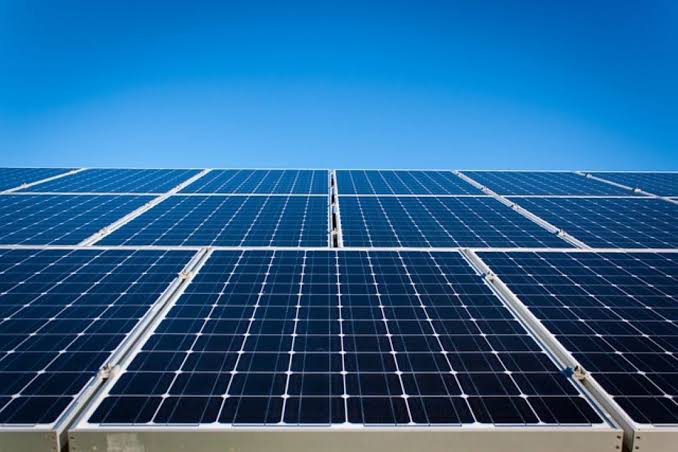Facebook Twitter (X) Instagram Somali Magazine - People's Magazine
The Somali government has announced a major tender for the design, supply, installation, and commissioning of solar-plus-storage systems at 28 education facilities across the Maroodi-jeeh and Awdal regions of Somalia. The initiative, which aims to provide reliable and sustainable energy to schools and educational institutions, is part of a broader effort to improve access to electricity and support development in the region. Applications for the tender close on March 12, 2025, with a pre-bid conference scheduled for February 23, 2025.
The project, funded by the World Bank under the Somali Electricity Sector Recovery Project, will see the deployment of hybrid, off-grid solar plants integrated with battery energy storage systems. The successful bidders will not only be responsible for the installation and commissioning of these systems but will also provide two years of operations and maintenance (O&M) services, with the possibility of extending the O&M contracts beyond the initial period.
This tender follows a similar initiative launched in late 2024, which focused on equipping 25 health facilities in the same regions with solar-plus-storage systems. Additionally, a separate tender for a 10 MW solar project coupled with 20 MWh of battery storage in northeastern Somalia is currently underway, with applications due by February 10, 2025. These projects underscore Somalia’s commitment to expanding its renewable energy infrastructure and addressing the country’s chronic energy shortages.
According to the International Renewable Energy Agency (IRENA), Somalia had 51 MW of installed solar capacity by the end of 2023, up from 47 MW in 2022. While this represents progress, the country still faces significant challenges in meeting its energy needs, particularly in rural and off-grid areas. The new solar-plus-storage projects aim to bridge this gap by providing clean, reliable power to critical institutions such as schools and healthcare facilities, thereby improving the quality of education and healthcare services.
The Somali Ministry of Energy and Minerals has emphasized the importance of these projects in driving economic and social development. By leveraging solar energy and advanced storage technologies, the government hopes to reduce reliance on expensive and polluting diesel generators, which are currently the primary source of electricity in many parts of the country. The transition to renewable energy is also expected to create job opportunities and stimulate local economies, particularly in the renewable energy and construction sectors.
The tender has garnered significant attention from international and local stakeholders, reflecting the growing interest in Somalia’s renewable energy market. The World Bank’s involvement in funding the project highlights the international community’s support for Somalia’s efforts to rebuild its energy sector and improve access to electricity for its citizens.
The solar-plus-storage systems will not only provide a sustainable energy solution but also ensure resilience in the face of Somalia’s frequent power outages and unreliable grid infrastructure. By integrating battery storage, the systems will be able to store excess energy generated during the day for use at night or during periods of low sunlight, ensuring a consistent power supply for the education facilities.
This initiative is a significant step forward in Somalia’s journey toward energy independence and sustainable development. It aligns with global efforts to combat climate change by reducing greenhouse gas emissions and promoting the use of renewable energy sources. Moreover, it demonstrates the potential of solar energy to transform lives and communities in some of the world’s most energy-deprived regions.
As Somalia continues to rebuild and modernize its infrastructure, projects like these will play a crucial role in laying the foundation for a brighter future. By investing in renewable energy, the country is not only addressing its immediate energy needs but also paving the way for long-term economic growth and environmental sustainability.

